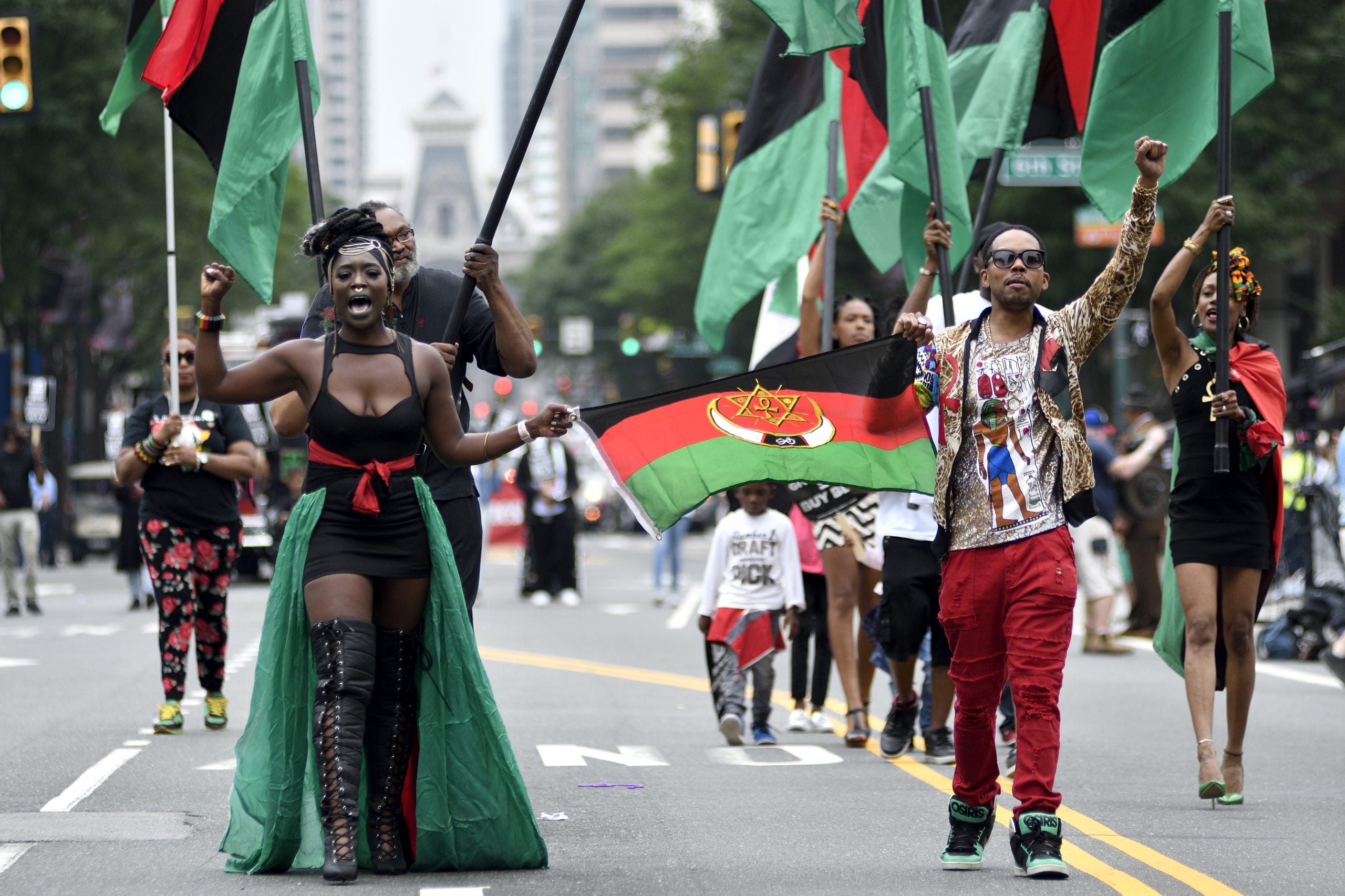Juneteenth or June 19th,1865 is the official day that enslaved Africans were informed that they were free; not January 1, 1863, when President Lincoln issued the Emancipation Proclamation.
“In many of our history books, we learn the Emancipation Proclamation is what formerly led to the emancipation of enslaved folks, but what we know is that emancipation comes two months after General Robert E. Lee’s surrender of the Army of Northern Virginia to Lieutenant General Ulysses S. Grant at Appomattox Court House on April 9, 1865, who also loses the Battle of Antietam,“ says Meredith Gadsby, Associate Professor of Africana Studies at Oberlin College and author of Sucking Salt: Caribbean Women Writers, Migration, and Survival.
“The actual execution of emancipation was slow as southern states had to be brought in line to free their slave population,” Gadsby adds.
In 2020, as streets continue to erupt in protest throughout our country in response to the ways Black bodies have been ruthlessly killed for the sole crime of being Black in America, the irony cannot be lost on the fact that Black freedom now, as it was in 1865, has been accompanied by force.
“Federal troops had to be deployed to the confederate states to actually enforce emancipation. Northern troops had to advance into the South to make that happen.” Gadsby holds.
The disconnect between legal freedom and lived freedom for Blacks in America speaks to a more ominous and insidious why. It contextualizes America’s failure to deliver on its promise of freedom to Black people.
“Despite emancipation, the Civil Rights Act, Brown vs. the Board of Education and other policies that were to be advantageous to Black people, there is this persistent racism that we have not been able to do away with,” Gadsby offers.
“Racism, as an institution, is interwoven into the fabric of American culture, even when people don’t realize that they are reenacting institutional inequality; it has become so normalized in policy and practice that it is difficult to avoid even with legislative advances, even with changes to policy; we breathe in the air of social injustice and inequality.”
So what do we do as a society to ensure Black lives from Eric Garner to Brenna Taylor to George Floyd have a chance to breathe?
Racism, as an institution, is interwoven into the fabric of American culture
Meredith Gadsby, Associate Professor of Africana Studies at Oberlin College
We resist. We resist in public and private ways. For every Harriet Tubman, who we know was instrumental in helping more than 300 enslaved Africans escape bondage, there was a Harriet Jacobs. “Harriet Jacobs, who was sexually and psychologically assaulted by her master, chose a husband. She chose another white man with whom she had two children in direct opposition to her master’s belief he could claim ownership of her body.” Gadsby maintains.
We insist. We use our voting power to elect local and state officials that understand that Black life matters and advocate for policies that ensure the protection and prosperity of Black communities. The current call to defund the police, which means reallocating some of the police budgets to other parts of local government like schools, health clinics, housing authorities, invests in all citizens.
We build. According to the Institute for Policy Studies’, Road to Zero Wealth report, the median household wealth for Black families is forecasted to hit zero by 2053, making Black freedom inextricably linked to Black wealth. We can do our part by living within our means, eliminating consumer debt, negotiating salaries, banking Black, calling out corporate America’s lack of leadership across industries, and supporting Black-owned businesses.
We can simultaneously put our full weight behind macro-level innovations that bridge the white-black wealth gap systemically. This includes strengthening the Consumer Financial Protection Bureau and creating fair lending practices to protect the most vulnerable.
Programs like Children’s Savings Accounts, automatic-enrollment retirement accounts, federal jobs guarantees, and a racial wealth divide audit of government policies will also close this gap.
In sum, there’s hope.
“Black Lives Matter brings together, in many ways, the best of all political organizing internationally—immigrants’ rights, women’s rights, and reproductive justice. It critiques anti-blackness, queerphobia, and transphobia,” Gadsby says. “This platform is so rich and serves as a strong foundation from which to build grassroots movements.”
As America enters an age of reckoning and is forced to confront its legacy of anti-Blackness, oppression, and terror, we can hold on to the truth that our ancestors, as both slaves and freemen, have uncategorically known: Black lives matter; now, as much as they did then; our humanity can never be debated.
